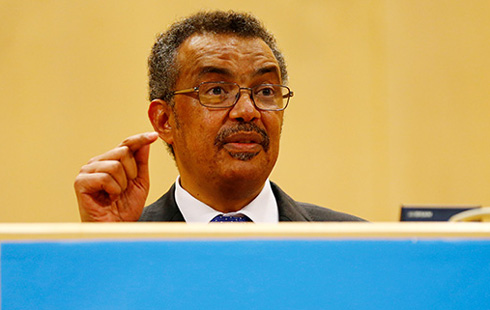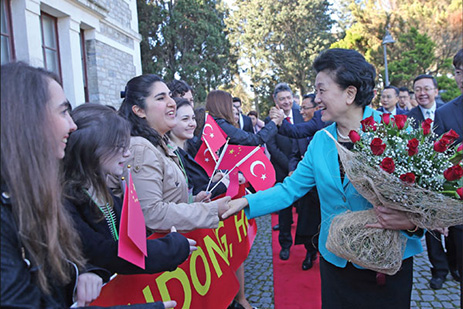G7 may face uphill battle in forging summit consensus
The Italian PM's words came as harrowing images from Wednesday's migrant shipwreck off Libya, in which 32 people including many young children drowned within sight of rescuers, followed on the equally distressing images from Manchester on Monday, where at least six teenagers and one eight-year-old child were blown up at a concert by American pop star and teen idol, Ariana Grande.
Meanwhile the exodus from Africa and the Middle East shows no signs of abating. Over 60,000 migrants and refugees have reached southern Europe by sea so far this year, according to the Rome-based International Organization for Migration (IOM).
Over 1,300 died or went missing in the attempt, the UN-affiliated organization said.
At a press briefing in Rome last week, senior United Nations and World Food Programme (WFP) staffers warned that 20 million people in Nigeria, Somalia, South Sudan, and Yemen are on the brink of famine.
The looming humanitarian disaster is due to a combination of drought and armed conflict with fundamentalist insurgencies, such as the Boko Haram and Al-Shabaab groups, the staffers said.
A six-year civil war in Syria also continues to wreak havoc, driving an estimated 11 million people from their homes.
According to the United Nations High Commissioner for Refugees (UNHCR), 4.8 million Syrians have fled to neighboring countries and 6.6 million are internally displaced.
About 1 million Syrians have sought asylum in Europe, according to the Migration Policy Center at the European University Institute in Florence.
Considering the differences among the members and the complexity of the issues themselves, it will be a no easy task for the seven most advanced industrialized countries, namely Britain, Canada, France, Germany, Italy, Japan, and the United States to reach an agreement on means to tackle these issues.




















